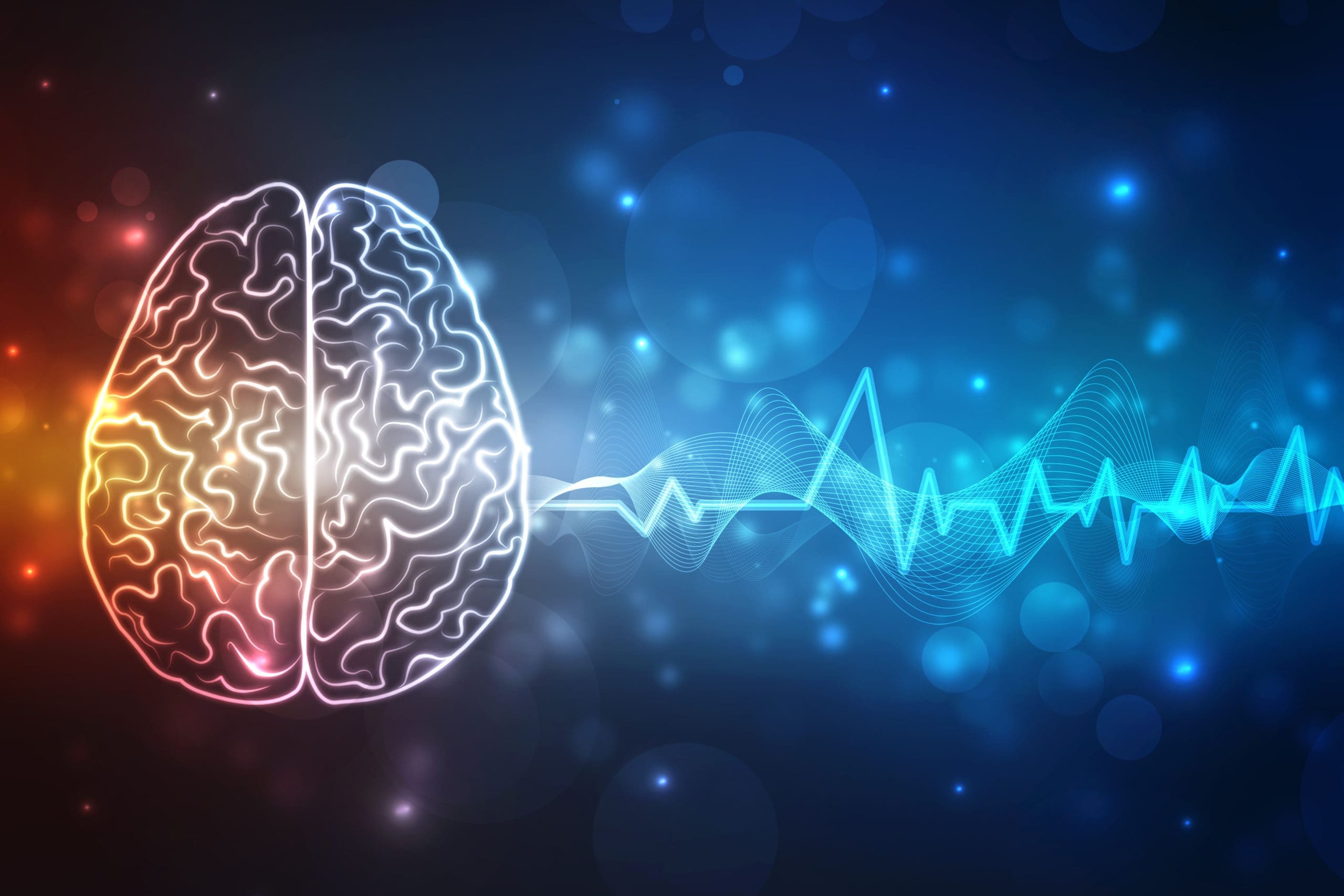100% Satisfaction Guaranteed
We offer a total mugshot removal solution to remove your mugshot and arrest details from the internet once and for all.

Table of Contents
Mugshots, photographs taken by law enforcement of arrested individuals, play a crucial role in identification and often appear in public media. However, their impact extends beyond practical law enforcement uses, significantly influencing our brain’s processing and perception of people. These images engage our visual cortex for initial processing and the amygdala for emotional responses, affecting how we remember faces and potentially leading to biases.
Although useful in identifying suspects, mugshots have raised concerns regarding their reliability and ethical implications, particularly in influencing jury decisions and perpetuating racial biases. The debate over their public availability also highlights privacy and ethical considerations, especially for those not convicted. This complex interplay between mugshots, memory, perception, and justice necessitates further exploration and discussion.
The visual cortex is a vital component in the processing of images, as it receives visual information from the retina and interprets features such as color, shape, and motion.
This processed information is then transmitted to higher brain regions for further analysis and interpretation. Additionally, the visual cortex is involved in facial recognition, making it crucial in comprehending the effects of mugshots on memory and perception.
Understanding the role of the visual cortex can offer insight into the intricate processes of visual memory and recognition.
The amygdala, an integral component of the limbic system, significantly influences how we process emotions related to visual stimuli. It plays a key role in shaping our perceptions by attributing emotional significance to images, thereby affecting our memory formation abilities.
This influence extends to our emotional responses to mugshots, potentially impacting our recognition and identification of individuals. Comprehending the amygdala’s function in image processing is crucial to understanding the broader impact of visual stimuli on our memory and emotional reactions.
The impact of mugshots on memory is a significant topic of research. Studies have shown that exposure to mugshots can greatly influence the accuracy and recollection of memories.
Do Mugshots Affect Our Ability to Remember Faces? Research suggests that viewing a person’s mugshot before seeing them in a lineup can lead to false recognition, impacting our ability to accurately recall faces.
This can be attributed to the brain’s tendency to prioritize the most recent image, influencing memory recall. Studies have found that eyewitnesses who viewed a suspect’s mugshot before a lineup were more likely to incorrectly identify that individual as the perpetrator.
Mugshots, commonly associated with criminal activity, often provoke negative emotional reactions. These responses can vary greatly among individuals, influenced by their perceptions and previous experiences with law enforcement. Exposure to mugshots may lead to diminished empathy and compassion for the people depicted, potentially altering social interactions.
Additionally, mugshots can heighten skepticism and fear, affecting one’s inclination to engage with those portrayed. Beyond serving as mere photographs, mugshots have become a critical tool in law enforcement for identifying and tracking suspects. However, this practice raises significant ethical concerns about privacy and potential biases, igniting ongoing debates about its impact on society.
In the field of law enforcement, mugshots are a vital tool in identifying and capturing suspects. They are used in lineup procedures to assist witnesses in identification and aid investigators in locating criminals. Mugshots also play a crucial role in creating databases for criminal records, which can help expedite the resolution of cases.
Law enforcement professionals need to use mugshots ethically and responsibly, respecting the rights and privacy of individuals.
Factors such as witness stress and memory decay can affect the accuracy of mugshot identification. According to studies, including one conducted by the University of New York, mugshots can lead to misidentifications. However, law enforcement agencies have implemented measures such as sequential lineups and double-blind procedures to improve the reliability of suspect identification.
When contemplating the ethical implications of utilizing mugshots, it is imperative to carefully consider privacy concerns and the potential effects on an individual’s reputation. Since mugshots are available to the public, their usage should be approached with sensitivity and discretion, especially in media and online contexts. It is essential to uphold ethical standards and honor an individual’s rights, ensuring that mugshots are justified and serve a valid purpose.
Always obtain consent and carefully weigh potential consequences before utilizing mugshots, prioritizing respect for an individual’s privacy and dignity.
Mugshots have been criticized for perpetuating racial bias due to disparities in their usage. Studies question, ‘Do mugshots perpetuate racial bias?’ as they reveal racial imbalances in their disproportionate use among minorities. The overrepresentation of certain racial groups in mugshot databases raises concerns about reinforcing stereotypes and bias within law enforcement and society.
Should Mugshots Be Publicly Available? This is a question that raises concerns about privacy, potential harm, and the presumption of innocence. While some argue that making mugshots publicly available aids law enforcement and promotes community safety, others argue that it perpetuates stigma and hinders an individual’s reintegration into society. Finding a balance between these considerations is crucial in determining the ethical and legal framework regarding the public accessibility of mugshots.
We offer a total mugshot removal solution to remove your mugshot and arrest details from the internet once and for all.